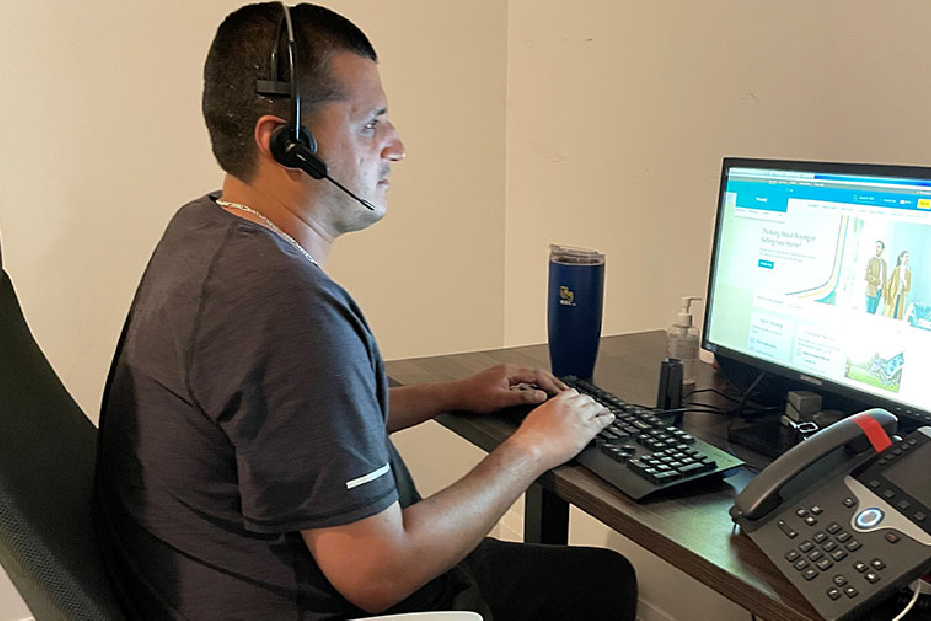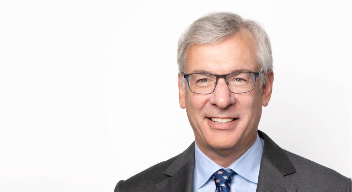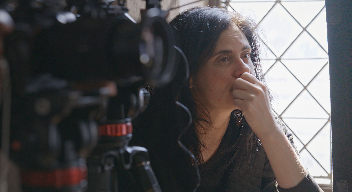One of the most common misconceptions about hiring people with disabilities is that it adds extra work to the manager, and team.
Mudassar Khan, a Credit Advisor at RBC, who is visually impaired, explains that there is a tendency for some to see his disability first. “A question I get a lot is: ‘You can’t see, so how can you be working?’ When I demonstrate how I work, many people are astounded at the speed I operate at,” says Mudassar. He went on to say his preference would be for people to ask him about how he works and what he might need to succeed, versus assuming what his abilities are“I know I can make the path easier for the next person with a disability, by doing the job first,” Mudassar says.
His manager, Tirath Nina Mor, admires how Mudassar has advocated for himself and proactively shared tips and experiences with his team to help break the ice. “Mudassar shared his story in a team meeting. He shared that he can’t read images, for example, and that he might need to reach out if there is a visual he needs someone to explain,” she says. “We are all learning, and I am learning every day from Mudassar.”
While he has a strong comfort level with his team, Mudassar recognizes that outside of work there are still many misconceptions when it comes to interacting with people with disabilities. “People are surprised that I can go on vacations on my own, that I own a condo, or commute to work for over an hour. They’re astounded I can get around the office towers on my own, even though I have worked here for over three years.”
“Managers often anticipate difficulties when hiring a person with a disability. They think they’ll have to manage that person differently but that’s not the case at all. They’re a person first and should be treated the same way as anyone else.” explains Kelly Bimm, Manager, Initiatives & Delivery RBC Insurance and national co-chair for an employee resource group, dedicated to eliminating the stereotypes and stigma associated with people with disabilities. Acknowledging that many feel awkward around people with disabilities, Kelly encourages people to start a conversation and not be afraid of saying the wrong thing. That is how myths around disabilities can be busted.
This article offers general information only and is not intended as legal, financial or other professional advice. A professional advisor should be consulted regarding your specific situation. While information presented is believed to be factual and current, its accuracy is not guaranteed and it should not be regarded as a complete analysis of the subject matter discussed. All expressions of opinion reflect the judgment of the author(s) as of the date of publication and are subject to change. No endorsement of any third parties or their advice, opinions, information, products or services is expressly given or implied by Royal Bank of Canada or its affiliates.








